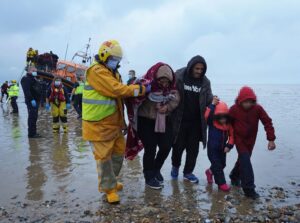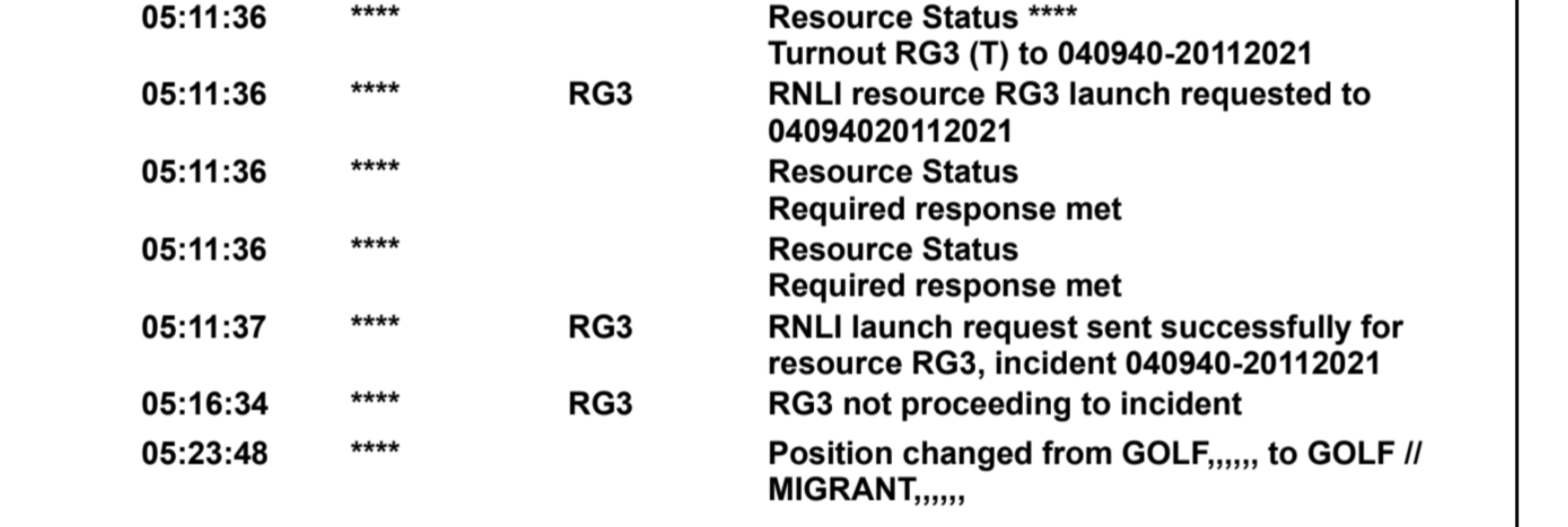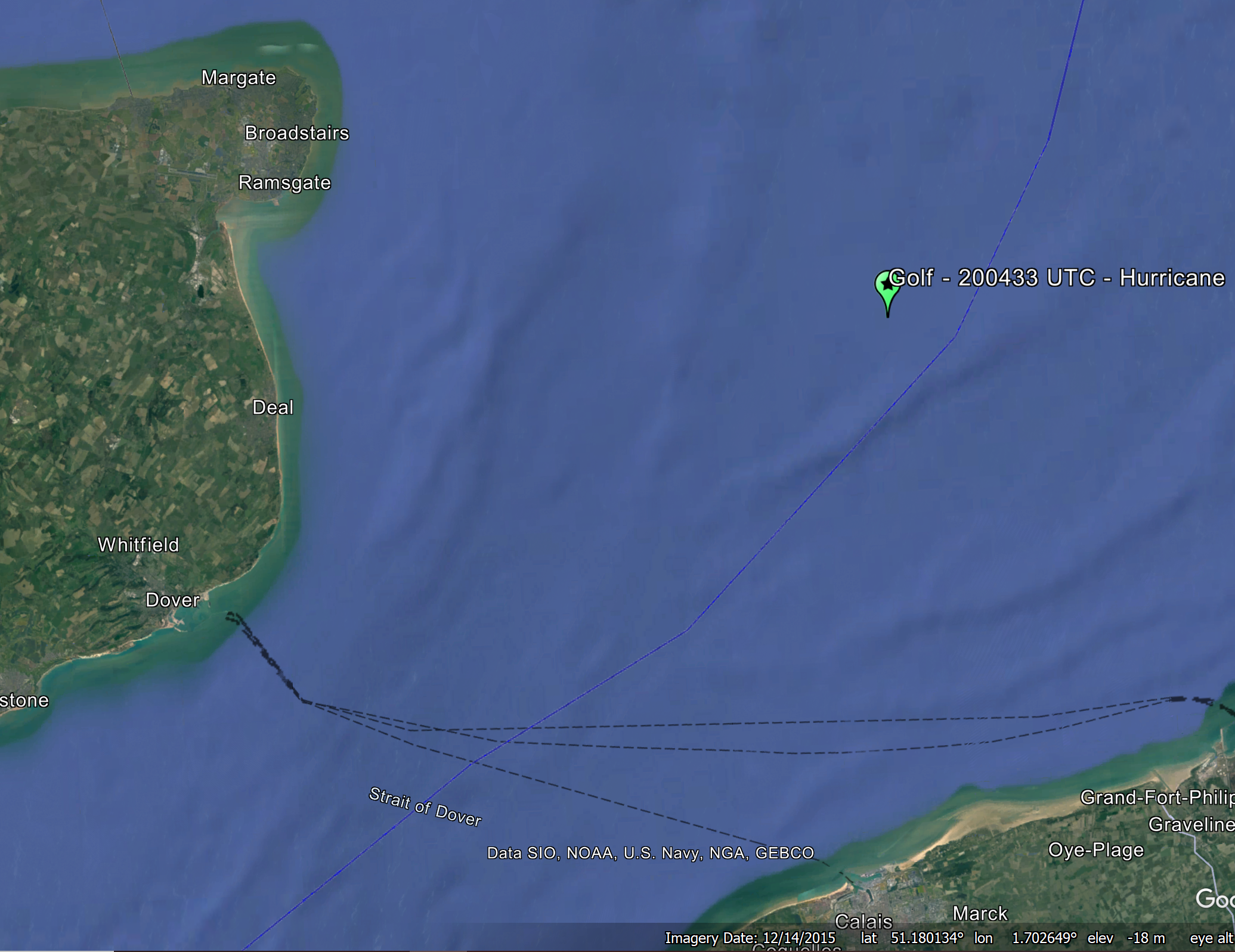RNLI-BORDER FORCE ROW REVEALS ‘CHAOS’ IN MARITIME RESCUE BEFORE CHANNEL TRAGEDY
Published on 03 March 2024
A group of people thought to be migrants are brought in to Dungeness, Kent, by the RNLI on 20 November 2021. Credit: PA / Gareth Fuller

Questions about UK government’s reliance on charity after lifeboat volunteers asked to cover for Border Force to aid stricken vessel
Reports Aaron Walawalkar and Harriet Clugston for Liberty Investigates, and Mark Townsend for the Guardian.



